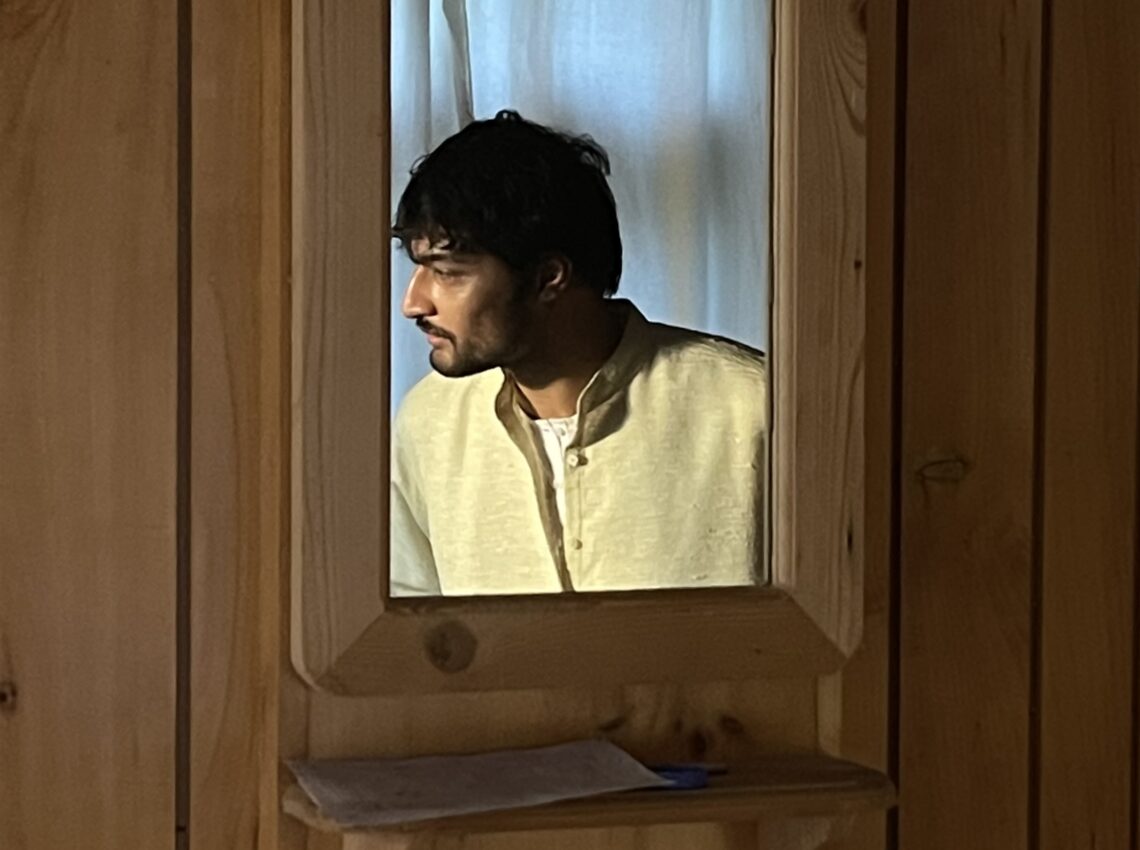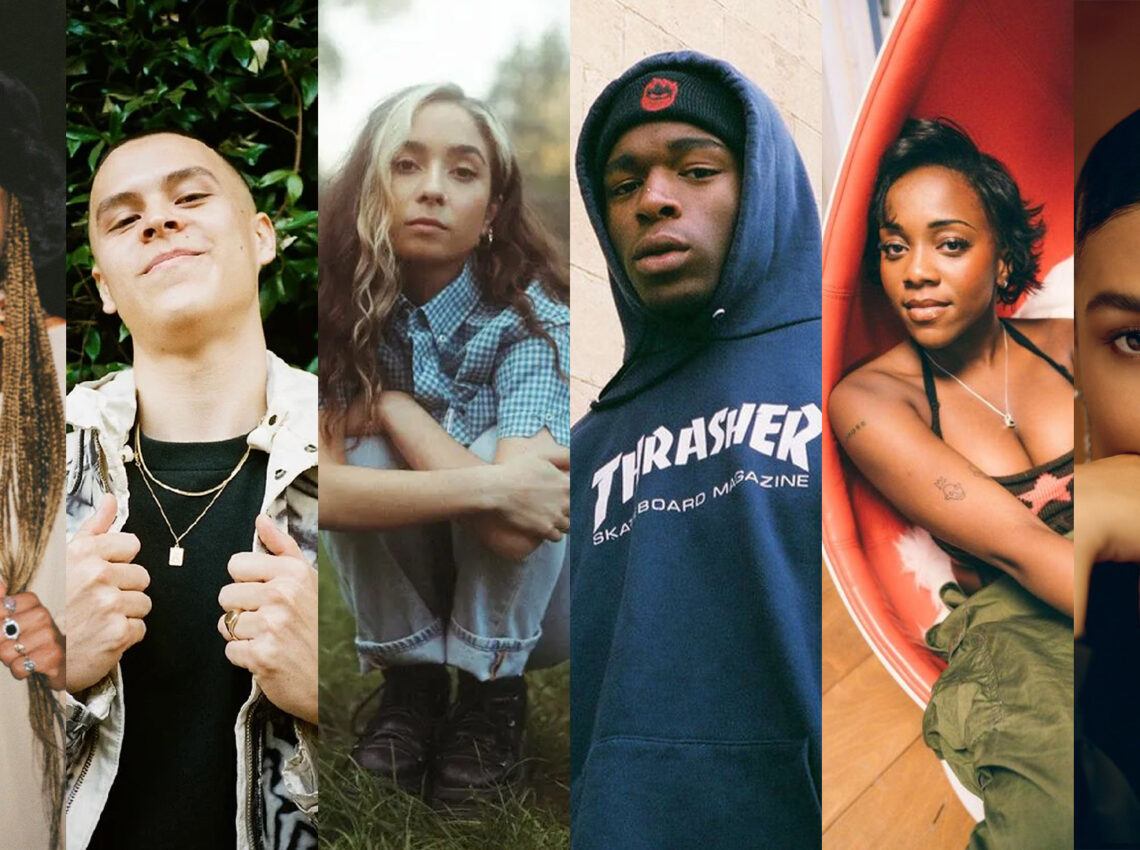ZN ALI Is A Homage to History, Love and Home


ZN ALI’s clothing feels like a well-preserved, traveling time capsule. The colors are deep, and the silhouettes are defined, characteristic of the garb of an unpartitioned India. From dressing artists like Riz Ahmed to designing costumes for Shakespeare’s Globe Theatre, ZN ALI taps into emotions relatable across borders, identities, and histories. He tells GUAP about his process and inspirations:
GUAP: You’ve previously mentioned that the stories of your family and ancestors inspire you. However, access to the histories of people and places you didn’t spend your entire childhood can feel restrictive. I know you moved to the UK from Pakistan when you were five years old, so how did you break this barrier?
Zain: As I grew older, It felt extractive to create the work I do without connecting with the places my family is from. So, in my 20s, I moved to Lahore, got a job, made friends, and created my meaning separate from what I was raised to understand about Pakistan. I have spent more time there in the past five years than anywhere else. My best friends, whom I love and care about, and Ibtisam, whom I run ZN ALI with, make Lahore the beautiful place I’m always excited to return to.
GUAP: How would you describe your creative eye?
Zain: A lot of it comes down to context. I’m balancing many roles in my life with an itinerant schedule. I’m very grateful for it, but I must work with the resources and what’s in front of me to get everything done. So, I shoot with friends, in their homes– with whatever’s in front of me. I feel that’s perhaps why people may find a natural or relatable sentiment in my work because it is centered around the people and places in my life.
GUAP: Your collections and, in general, your work uses minimal words and focuses entirely on visuals. Does it feel risky to do that?
Zain: I like the idea of people being able to create their meaning from a piece of work. By the time I’m done creating the work, feeling all the emotions, and having exhausted all the time and thought – the last thing I want to do is talk more about it. It doesn’t matter if my work communicates my thoughts as long as people can find their connection to it.
GUAP: ZN ALI shines because of its unique supporters. How did you build that community?
Zain: Though I met the people in my life today through our creative practices when we’re together, we hardly talk about our work. We bond over loss and love and make each other laugh. I don’t think of it as ‘building’ community as much as forming genuine and loving friendships. I’m very grateful for all the people I’ve met through ZN ALI and how we support each other, especially when our work brings out our vulnerability.
GUAP: How do you balance profit-making and creativity in building ZNALI? Does it affect your creative process and the markets you’re tackling?
Zain: I don’t feel I own ZNALI, but rather it holds me. The brand is being shaped by the community it attracts, and we create in response. It’s a reciprocal conversation, and I’m learning to love that challenge.
GUAP: Where do you think South Asian fashion is headed? South Asian diaspora fashion?
Zain: I feel disillusioned by how the term ‘South Asian diaspora’ is used to make us feel like a monolith. Of course, it’s given us many unique relationships worldwide. However, I think this instinct to homogenize our artistry for the comfort of a unifying identity can make me feel like I’m a spokesperson for something too broad. I love how young designers allow themselves to have more complex stories, and it’s inspiring me to share the multitudes of my existence, too.




![ZINO VINCI’S ‘FILTHY & DISGUSTING’EP BRINGS YOU TO THE CORE OF THE ARTIST [@ZinoVinci]](https://guap.co/wp-content/uploads/2023/10/Zino-4.jpg)





![Remel London’s [@Remel_London] “Mainstream” is a must attend for upcoming presenters!](https://guap.co/wp-content/uploads/2017/02/REMEL-LONDON-FLYER-FINAL-YELLOW-COMPLETE-1.png)